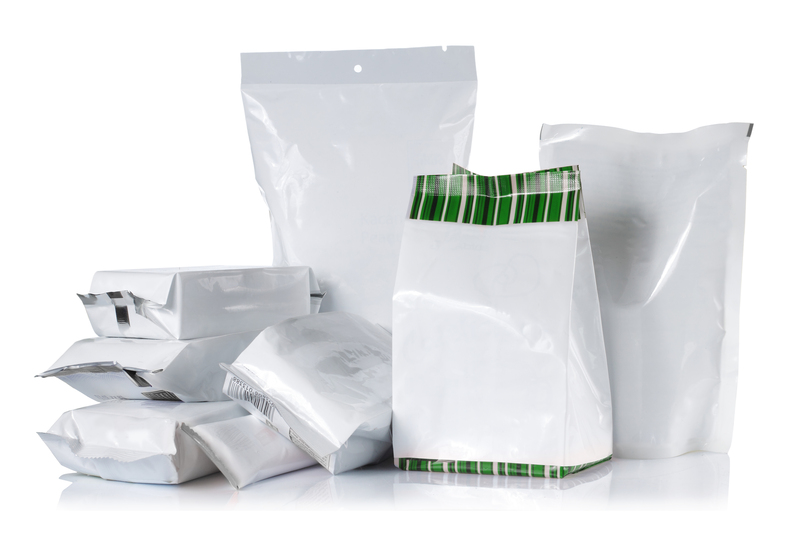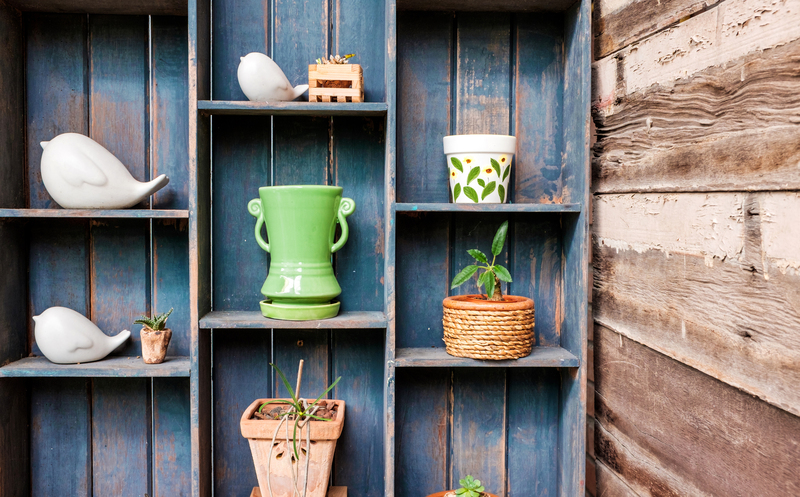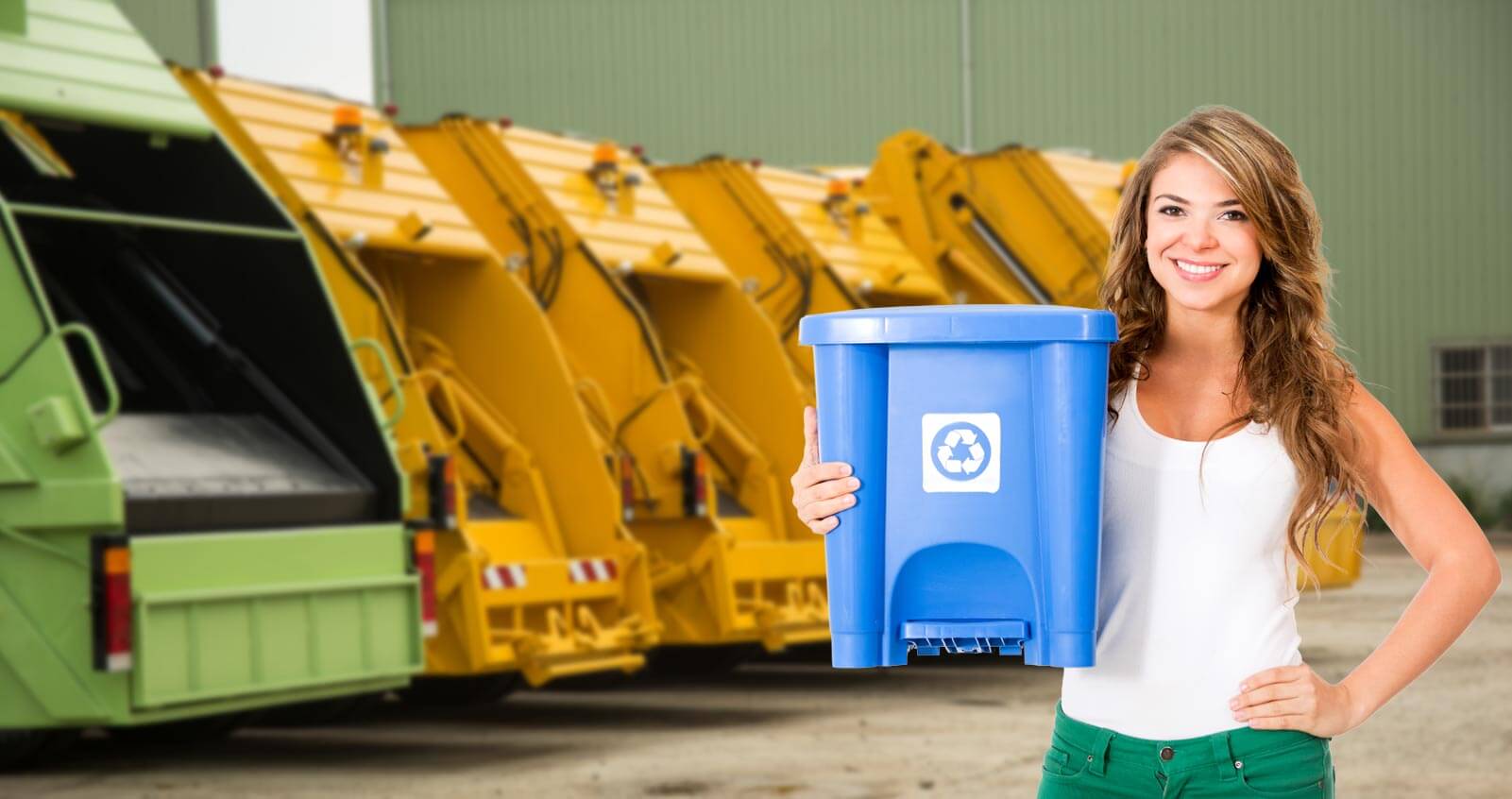Sustainable Materials to Substitute Plastic
Posted on 19/03/2025
Plastic has become a ubiquitous part of our daily lives, but its widespread use comes with significant environmental repercussions. From pollution to the depletion of non-renewable resources, the need to find sustainable alternatives to plastic has never been more urgent. In this article, we will explore various sustainable materials that have the potential to replace plastic in numerous applications.
Understanding the Problem with Plastic
Plastic has been lauded for its durability, lightweight properties, and versatility, making it the material of choice for countless products. However, the environmental impact of plastic cannot be overlooked. Plastic waste takes hundreds of years to decompose, and its production relies heavily on fossil fuels, contributing to climate change. Additionally, microplastics have infiltrated ecosystems worldwide, endangering marine life and entering the food chain.

Biodegradable Plastics
Biodegradable plastics are designed to break down more quickly than traditional plastics, often through microbial action in composting environments.
PLA (Polylactic Acid)
Derived from renewable resources like cornstarch or sugarcane, PLA is one of the most commonly used biodegradable plastics. It is suitable for a variety of applications, including packaging, disposable tableware, and medical devices. However, PLA has limitations in terms of temperature resistance and mechanical strength.
PHA (Polyhydroxyalkanoates)
PHA is a family of naturally occurring biodegradable polymers produced by bacterial fermentation of sugars. Unlike PLA, PHAs are fully biodegradable in marine environments, making them an excellent choice for reducing oceanic pollution. They are used in medical applications, packaging, and agricultural films.
Natural Fibers and Composites
Natural fibers offer an eco-friendly alternative to synthetic fibers and plastics, providing durability and flexibility without the environmental cost.
Bamboo
Bamboo is a rapidly renewable resource that is used to produce a variety of products, from kitchenware to textiles. Its strength and flexibility make it an ideal substitute for plastic in many applications. Additionally, bamboo absorbs large amounts of CO2 during its growth, helping to mitigate climate change.
Hemp
Hemp is another sustainable fiber that can be used as a substitute for plastic. It is incredibly versatile and can be used to make fabrics, biodegradable plastics, and even building materials. Hemp cultivation requires minimal pesticides and herbicides, making it an environmentally friendly option.
Bio-based Polymers
Bio-based polymers are made from renewable resources and can offer similar properties to traditional plastics without the same environmental impact.
Starch-based Plastics
Starch-based plastics are created by mixing starch with other materials to produce a biodegradable polymer. They are often used in the production of biodegradable films and packaging. These plastics decompose more easily in natural environments, reducing pollution.
Cellulose-based Plastics
Derived from wood pulp, cellulose-based plastics are sustainable and biodegradable. They are commonly used in the production of films, coatings, and textiles. Cellulose is abundant and renewable, making it a promising alternative to petroleum-based plastics.
Recycled Materials
Recycling existing materials to create new products can help reduce plastic waste and conserve resources.
Recycled PET (rPET)
Recycled PET is made from post-consumer plastic bottles and containers. It is used in various applications, including textiles, food packaging, and automotive parts. Recycling PET reduces the need for virgin plastic production and helps divert plastic waste from landfills and oceans.
Ocean Plastics
Ocean plastics are collected from marine environments and recycled into new products. Companies are increasingly using ocean plastics to create everything from swimwear to packaging. This not only reduces plastic pollution in the oceans but also raises awareness about the importance of sustainable practices.
Innovative Alternatives
Researchers and companies worldwide are constantly developing new materials that could one day replace plastic entirely.
Mycelium
Mycelium, the root structure of mushrooms, is being explored as a sustainable alternative to plastic. Mycelium-based materials are biodegradable, fire-resistant, and can be grown using agricultural waste. They are used in packaging, construction, and even fashion.
Algae-based Materials
Algae are being used to produce bio-based plastics that are biodegradable and renewable. Algae-based materials offer the dual benefit of reducing plastic waste and capturing carbon dioxide from the atmosphere. They are being explored for applications in packaging, textiles, and cosmetics.

The Future of Sustainable Materials
The development of sustainable alternatives to plastic is an ongoing process that requires continued innovation and investment. As consumers become more aware of the environmental impact of plastic, demand for eco-friendly materials is likely to increase. Governments and industries must also play a role in promoting the adoption of sustainable materials through regulations, incentives, and research funding.
While no single material can completely replace plastic, a combination of biodegradable plastics, natural fibers, bio-based polymers, recycled materials, and innovative alternatives can significantly reduce our reliance on fossil fuels and help mitigate the environmental impact of plastic waste. By embracing these sustainable materials, we can move towards a more eco-friendly future and ensure a healthier planet for generations to come.
Conclusion
The quest for sustainable materials to substitute plastic is both a challenge and an opportunity. By exploring a variety of alternatives such as biodegradable plastics, natural fibers, bio-based polymers, and innovative materials, we can significantly reduce the environmental impact associated with traditional plastics. As consumers, manufacturers, and policymakers become more committed to sustainability, the adoption of these alternatives will likely grow, leading to a more sustainable future. The journey towards reducing plastic pollution is ongoing, but with continued effort and innovation, it is certainly within our grasp.




